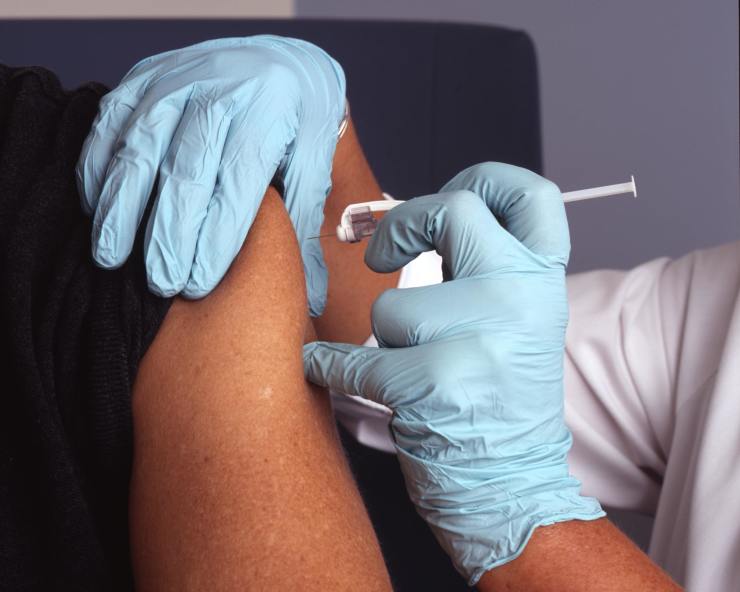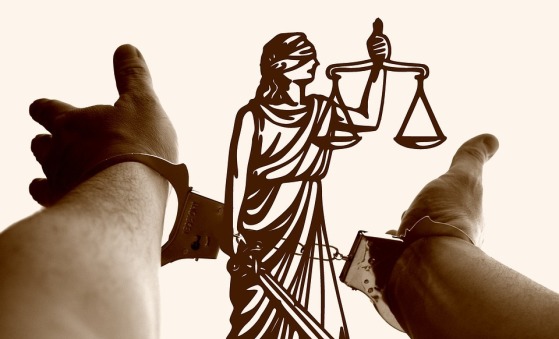
The question of whether it is ethical for Christians to receive the COVID-19 vaccines that were developed using cell lines derived from the tissue of an aborted baby during the research process, has been debated for some time.
According to a paper released on March 10 by the Catholic Bishops' Conference of India (CBCI), Catholics can obtain anti-COVID-19 vaccines developed in research and experimentation using cells derived from aborted human fetuses in good conscience.
The Bioethics Forum of the Archdiocese of Bangalore drafted A Catholic Ethical Response To Questions About Covid-19 Vaccines, which discusses the issue of social justice and the questions posed by the vaccines.
The paper released by the Indian bishops’ goes further than the Vatican Congregation for the Doctrine of the Faith’s status.
“Many vaccines use cell lines derived from aborted human foetuses at some stage in their research and production. As abortion is immoral, Catholics need to publicly advocate for the development, testing and production of vaccines which do not use cell lines from the aborted foetuses,” read the document.
This does not, however, excuse a reluctance to obtain this vaccine. “Those who take the available vaccines have only a ‘remote’ and ‘passive’ cooperation with the use of cell lines from aborted human foetuses.”
“The vaccines do not contain foetal cells. Because of the moral distance from the evil act, these vaccinations are not immoral. Thus, Catholics can receive these vaccines in good conscience. Due to the serious nature of the disease, and deaths involving vulnerable groups, vaccination can also contribute to the control of the pandemic and the common good,” the document explained.
“Vaccine programs for COVID must keep in mind issues of social justice. Individuals and institutions must play their part to ensure that the vaccine reaches all beneficiaries, particularly the vulnerable and marginalised.”
CBCI noted that “Contrary to some views, the Catholic Church is not anti-science. However, it strongly believes that there are moral concerns with science and its applications. Catholics need to be aware of the moral implications of scientific developments, and evaluate them in the light of Church teachings.”
“Catholics need to be aware of the moral implications of scientific development, and evaluate them in the light of Church teachings.”
The Church reaffirmed that “Every individual must diligently follow current public health preventive guidelines for the COVID-19 pandemic. These protect the individual and people around them.”
“This is a reflection of our solidarity with others who can be protected by these actions. Stigmatization of individuals who are ill or unvaccinated is harmful to the individual and society,” said the statement signed by CCBI deputy secretary general Father Stephen Alathara.
“It is important for individuals to access reliable information from valid sources and disseminate only such information, cognizant that false information is detrimental to efforts to control the pandemic,” the priest explained.
Furthermore, the statement encouraged people to “Search within ourselves and as institutions, for ways in which we can enhance the collective effort to address the pandemic for the benefit of all, especially the poor, vulnerable and marginalized.”




